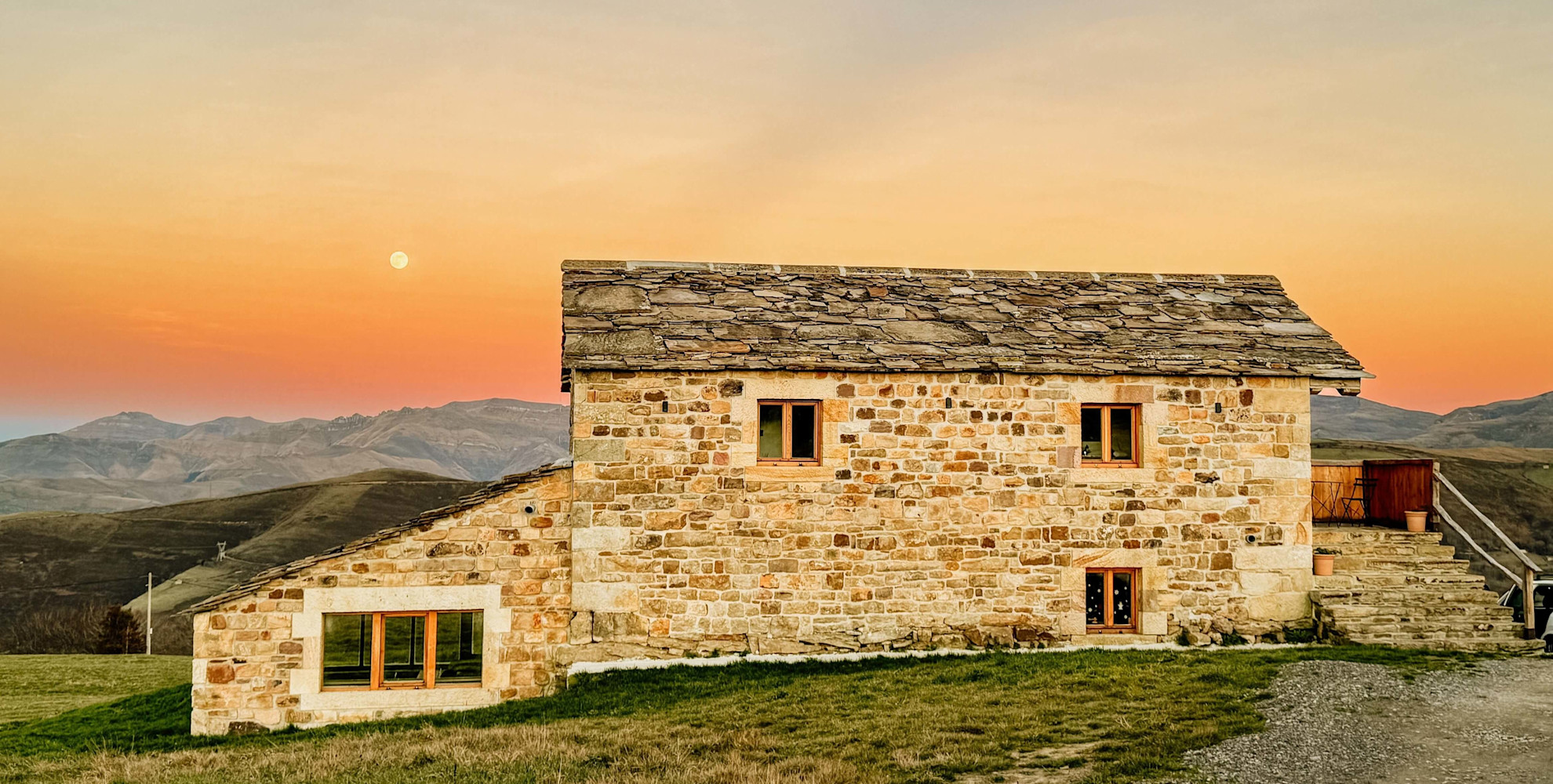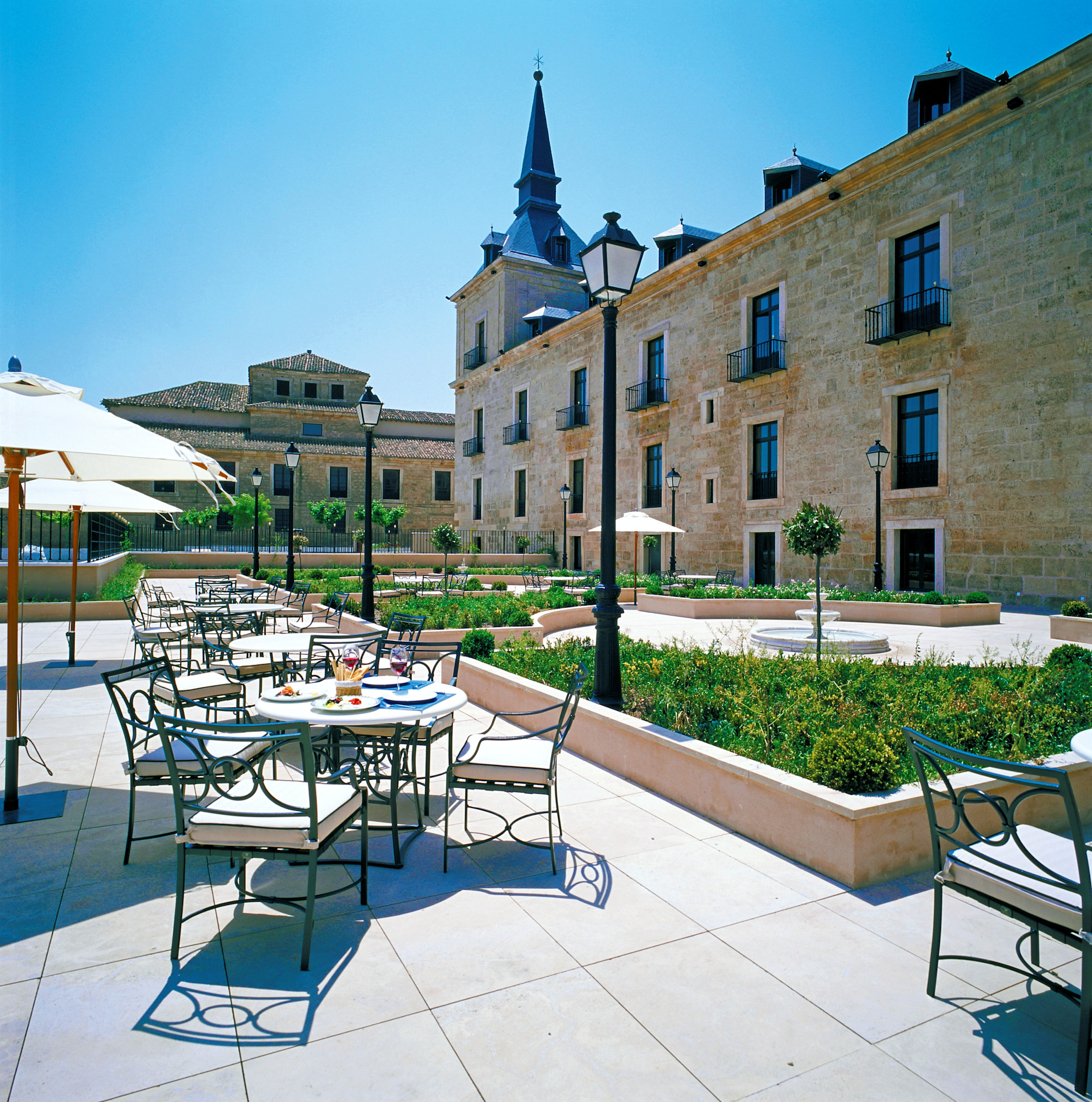INFORMATION
DRIVING IN SPAIN

Driving in Spain
Essential information and helpful tips and advice for driving on the continent
Read our tips and advice on driving in France, Spain and Portugal which explain all the essential facts you need to know, including advice on roads and public transport systems.
Find out about road signs, speed limits, different road types, drink driving limits and more in France, Spain and Portugal. There is also a handy continental driving checklist so that you can make sure you have everything you need to be safe and legal on the roads during your holiday. You'll also find some links to useful sites for more information about continental road safety laws, on the spot fines and toll prices.
Reading up on a little bit of road knowledge now will make sure your holiday goes as smoothly as possible!
CONTINENTAL MOTORING CHECKLIST
Ensure you comply with European Motoring Requirements by carrying the following essential items of accident, emergency and breakdown equipment.
To drive in Spain you'll need the following:
Driving licence
Vehicle insurance
Vehicle registration document
UK sticker
Warning triangle
Reflective jacket
| Item/Equipment | Status |
|---|---|
| Minimum age at which UK driving Licence accepted | 18 |
| National Driving Licence required | YES |
| International Driving Permit required | NO |
| Vehicle Registration document required | YES |
| Motor Vehicle Insurance required | YES |
| Bail Bond required | NO |
| UK sticker | C |
| Warning Triangle required | 2 C |
| Reflectorised jacket/ waistcoast | C |
| Spare Headlamp bulbs required | R |
| Headlamp adjustment needed | C |
| Seatbelts required front and rear | C |
| Breathalysers specifically calibrated to the French alcohol limit (0.05%) and NF approved) | NO |
| Minimum age of children allowed in front seat | 12 |
| Wide acceptance of credit cards for petrol | YES |
| Wide availability of unleaded petrol | YES |
| Motorway Tolls payable | YES |
| Maximum Motorway Speed Limit | 120kph/ 75mph |
| On the spot fines | YES |
| Safety camera warning devices allowed | YES |
All compulsory items are available from our onboard shops (subject to availability).
For more information about about UK stickers, visit our FAQ.
MINIMUM DRIVING AGE AND INSURANCE
The minimum age for driving in Spain is eighteen years old, and your UK insurance should give automatic third party cover. We would recommend you contact your insurers to check you have adequate cover. However, be aware that Spanish law requires all car occupants to wear a seat belt - also that no child under twelve years old is allowed to travel in the front of a vehicle unless it is in a specially adapted rear-facing seat for infants.
ROAD SIGNS
The quality of signposting in Spain varies considerably. In general, all main roads are well served, but venture off these and the standard can dip alarmingly. Carrying a large-scale map is strongly advised whatever your route, but if you are planning to stray off the major highways it is absolutely essential. The Michelin Motoring Atlas of Spain is highly recommended for both route planning, and locating your holiday accommodation.
Finally, one thing to remember when joining motorways or dual carriageways: Spanish drivers generally do not move over or slow down to help merging traffic. You may well have to come to a full stop at the end of the entry slip road until the road is clear.
For motoring abroad, the Direct Gov website is a useful source of additional information www.gov.uk
SPEED LIMITS
Radar speed traps are very common, and fines (which must be paid on the spot) can be heavy. If oncoming vehicles flash their headlights at you it often means that there is a speed trap ahead. However, flashing headlights can also mean the driver is warning you that it is his right of way, the complete opposite of its accepted meaning in the UK. Speed limits in Spain are mentioned below.
| Type of road | Speed* km/mph |
|---|---|
| Toll Motorway | 120kmh/ 75mph |
| Dual Carriageway | 110kmh/ 68mph |
| Other Roads | 90kmh/ 56mph |
| Built-up Areas | 50kmh/ 31mph |
* Unless indicated otherwise
FUEL
Leaded petrol is usually sold as super/super 97, and unleaded as sin plomo 98 or Eurosuper 95. Diesel is known as gasoleo. It pays to remember that few rural garages are open 24 hours, also that they are liable to be closed for up to two hours at lunchtime, and all day on Sunday. Sometimes you can drive for many miles in rural Spain without seeing a garage, so don't let your tank get low.
MOTORWAYS AND OTHER ROADS
In recent years there has been a huge road-building programme in Spain, and their motorways (autopistas) are now amongst the best in Europe. However, most are toll roads (autopistas de peajes), and the charge for using them (payable by cash or credit card) is far from cheap. This has two very obvious knock-on effects. The motorways themselves are never particularly crowded - also the non-toll roads leading to the same destination are almost invariably busy. The choice is simple. If you are intent on covering large distances as quickly as possible, using the motorway network is probably the only realistic answer. On the other hand, if you are not in a hurry, want to save money, and fancy seeing something of Spain along the way, you'll be better off using the dual-carriageway roads (autovias) that are prefixed with an E.
All 'E' roads are toll free. They also have the same maximum speed limit as the motorways, although getting even remotely close to this limit may be far from easy at times. One useful feature to look out for on dual carriageways if you happen to miss your turn off is the sign 'cambio de sentido', which means that just ahead is the opportunity to reverse your direction via an under or over-pass.
PENALTIES
FAILURE TO COMPLY
In the event of prosecution and conviction for failure to comply with the legal requirements, the courts in all EEC countries have wide powers to impose stringent penalties, and the arresting officers have extensive powers to impose "on the spot fines".
ON THE SPOT FINES
The moment these are demanded, they have to be paid in cash, in the local currency, to the arresting officer. Credit cards or travellers cheques are not accepted.
Radar detectors are illegal in Spain whether in use or not. If you are caught with such equipment in your vehicle, you are liable to a hefty fine.
For motoring abroad, the Direct Gov website is a useful source of additional information www.gov.uk
Holidays in Spain
Sail & stay with us to save time and money! Pack your car with everything you need - even the family pet, and enjoy the fun of travelling on board.








